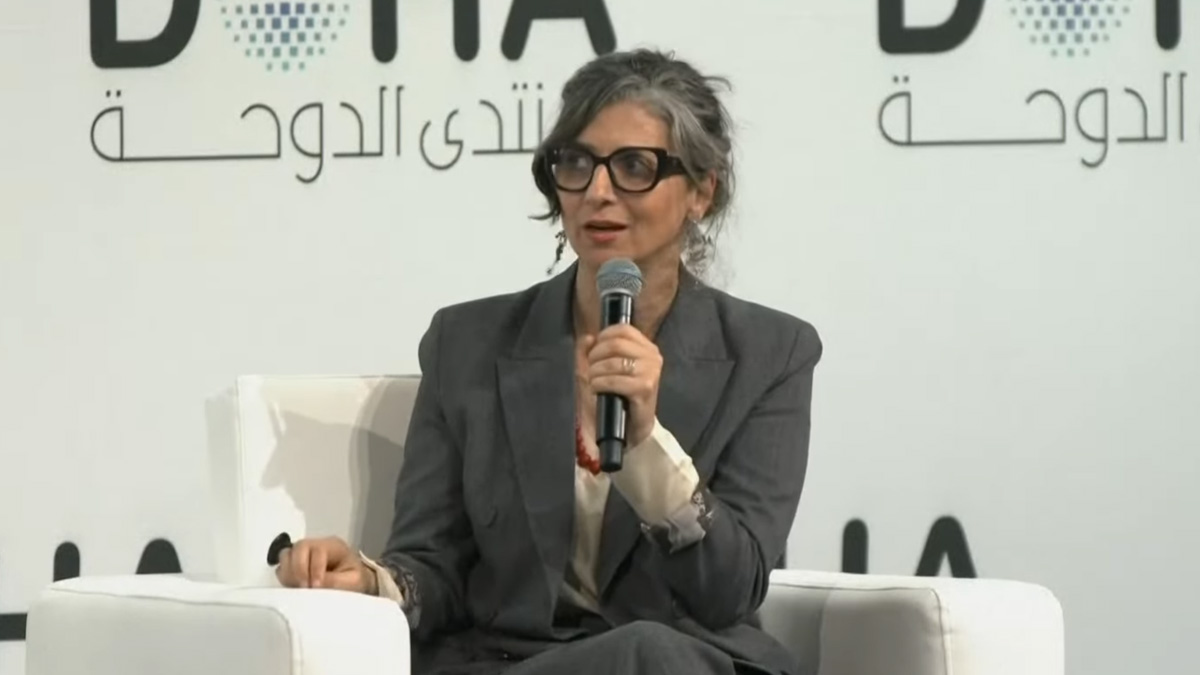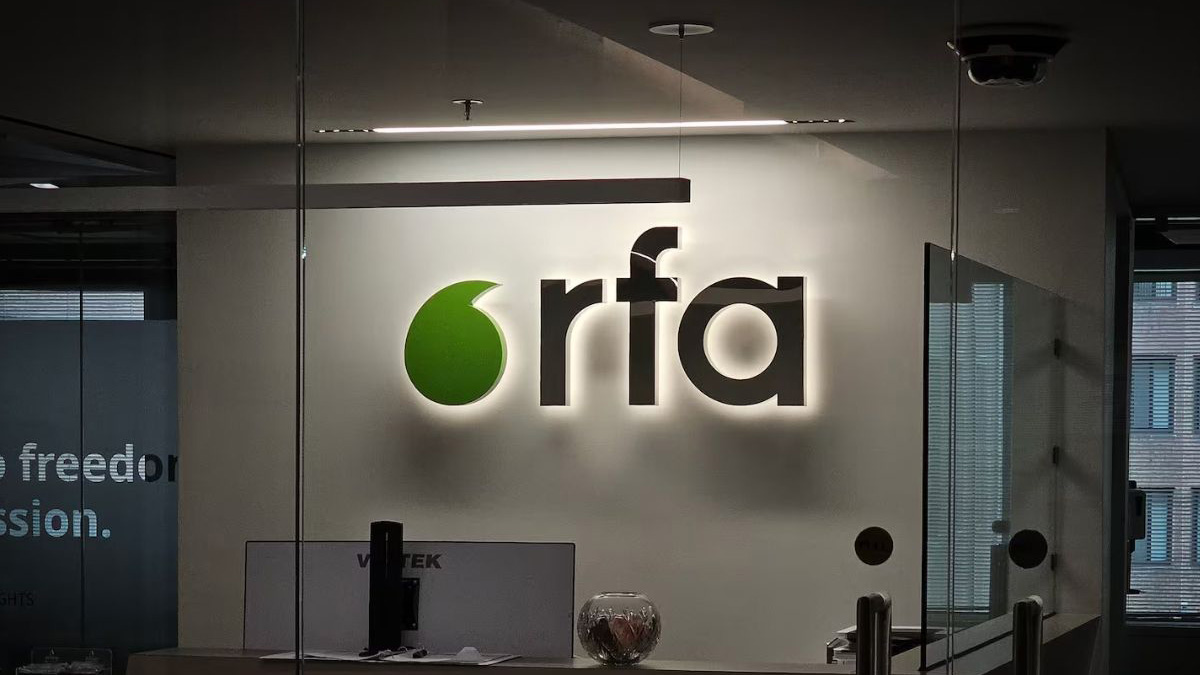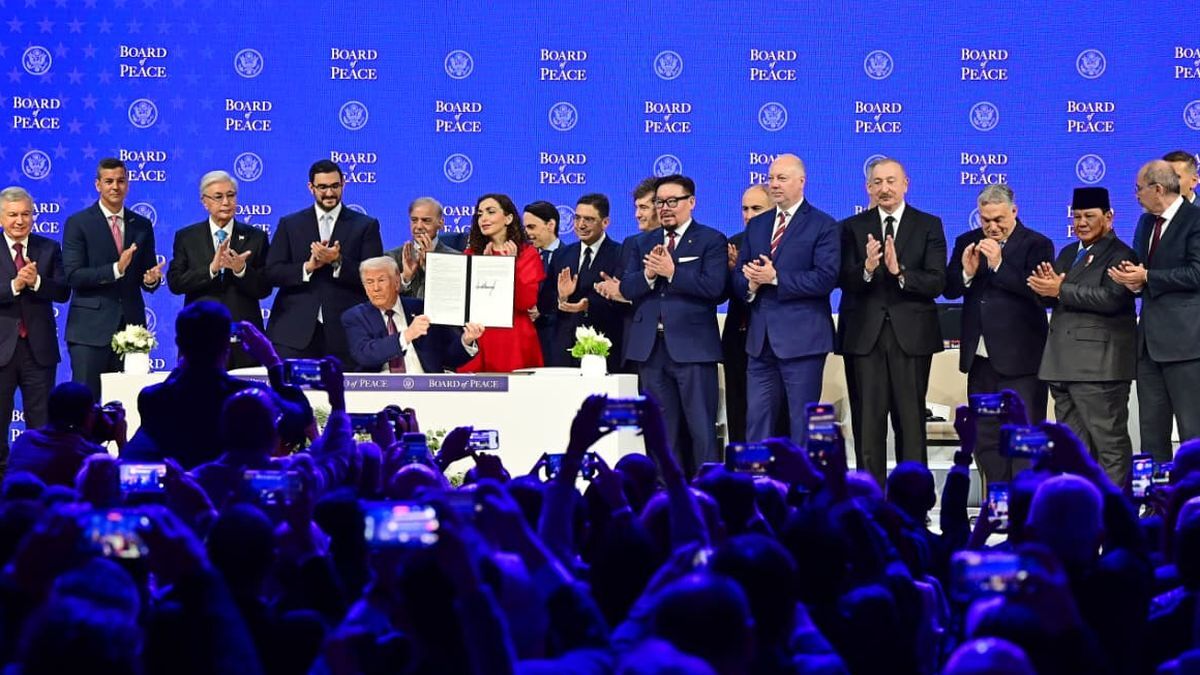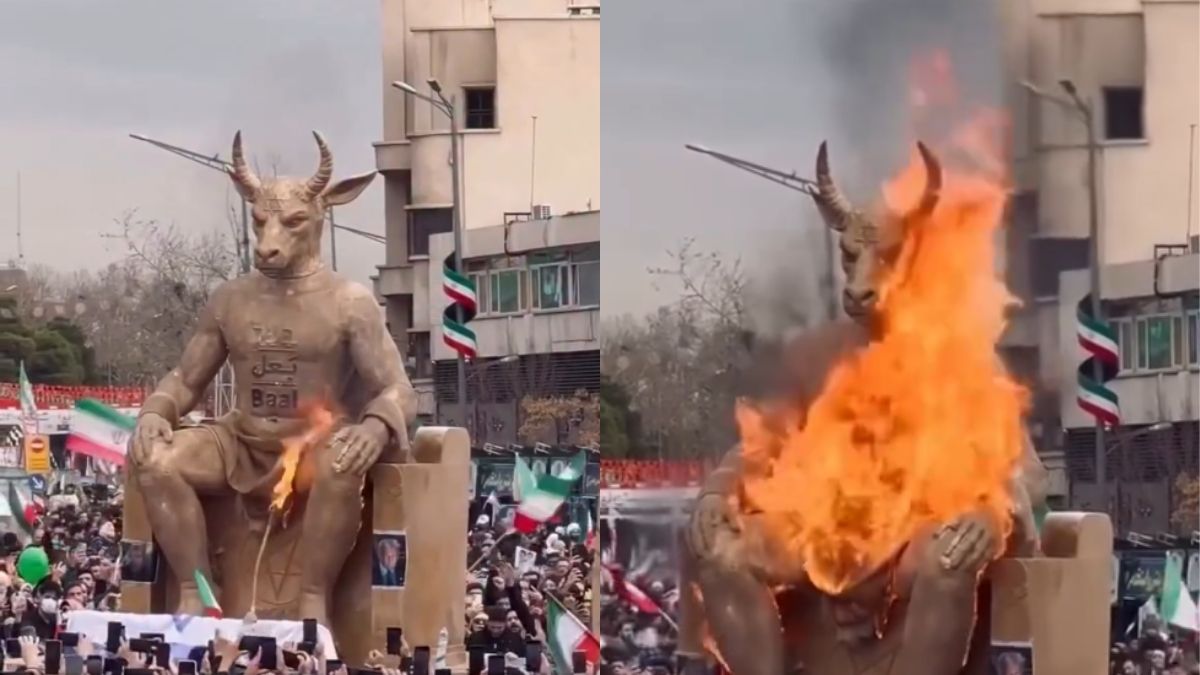China condemns US-led strikes on Iran, warns of escalating Middle East crisis
China has sharply criticised recent US-led strikes on Iran’s nuclear facilities, warning the action undermines Washington’s credibility and risks triggering wider conflict. Beijing has joined Russia and Pakistan in pushing for an immediate ceasefire through the UN Security Council.

- China condemned US-led strikes on Iran’s nuclear facilities on 22 June 2025, warning of escalation.
- Beijing, with Russia and Pakistan, has proposed a UN Security Council resolution for an immediate ceasefire.
- The strikes, backed by Israel, hit Fordow, Natanz and Isfahan, sparking fears of wider conflict and energy supply disruptions.
China has strongly condemned the United States for leading military strikes on Iran’s nuclear facilities, calling the action reckless and destabilising.
The criticism came on 22 June 2025 during a United Nations Security Council meeting, where Beijing warned that the assault risks pushing the Middle East into broader conflict.
State broadcaster CCTV reported that China was “deeply concerned” and feared the situation “may go out of control.”
Strong message at UN Security Council
China’s UN Ambassador Fu Cong urged restraint from all parties. “The parties should restrain the impulse of force, avoid exacerbating conflicts and adding fuel to the fire,” he said.
Fu also directly called on Israel to cease fire immediately to prevent further escalation and potential regional spillover.
Background to the strikes
The strikes were announced on 22 June by US President Donald Trump, who claimed American forces had “obliterated” nuclear facilities in Fordow, Natanz and Isfahan.
The operation, carried out with Israeli support, marked the most significant Western military action against Iran since the 1979 Islamic Revolution.
Washington described the strikes as decisive and necessary to contain Tehran’s nuclear ambitions.
Beijing questions US credibility
While acknowledging Iran had suffered severe damage, Ambassador Fu stressed that the United States’ own standing had also been harmed.
“The United States’ credibility was also damaged — both as a country and as a participant in any international negotiations,” he said.
Analysts argue this line reflects China’s effort to highlight Washington’s inconsistency in international diplomacy and its use of unilateral force.
Push for ceasefire resolution
In response to the escalating crisis, China joined Russia and Pakistan in submitting a resolution to the Security Council.
The proposal calls for an immediate and unconditional ceasefire across the Middle East, seeking to de-escalate tensions and prevent further strikes or retaliatory actions.
The success of the resolution remains uncertain given the likelihood of a US veto.
Chinese state media response
China’s state-controlled press amplified official criticisms. The Global Times labelled the strikes “extremely dangerous and provocative.”
It argued that external military intervention would never achieve peace, but instead “deepen regional hatred and trauma.”
Other Chinese media outlets portrayed Beijing as a responsible power advocating dialogue rather than force.
Evacuation of nationals
China’s embassy in Tehran reported that most Chinese nationals in Iran had been safely evacuated.
Officials confirmed that those remaining were outside high-risk zones and were being closely monitored.
China’s vested interests
China has deep economic ties with Iran, including long-term oil imports and infrastructure investments worth billions of dollars.
Stability in the Middle East is critical to China’s Belt and Road Initiative and energy security.
According to analysts cited by Time Magazine and the Financial Times, Beijing is expected to continue prioritising diplomacy while avoiding direct military entanglement.
Broader positioning
Observers suggest that China’s condemnation is part of its effort to position itself as a global stabiliser in contrast to Western-led interventions.
By aligning with Russia and Pakistan, China is also reinforcing its broader strategic partnerships in countering US influence on the world stage.
Risks to global trade and energy
The crisis has raised concerns about disruptions to international trade and energy supplies, particularly through the Strait of Hormuz — a vital shipping route for global oil flows.
The possibility of Iranian retaliation, coupled with potential escalation involving other powers, is fuelling fears of a larger regional conflict with global repercussions.
Uncertain next steps
The Security Council’s handling of the ceasefire resolution will be closely watched in the coming days.
Diplomats say the risk of further military action remains high, with both Washington and Tehran under pressure to demonstrate resolve.
The situation underscores the fragility of global non-proliferation efforts and the volatility of Middle Eastern security.







